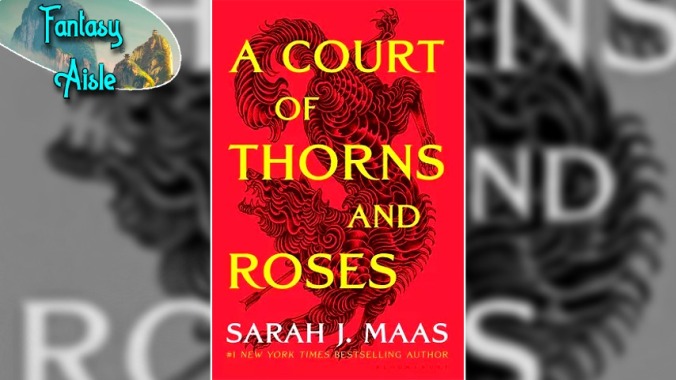Schools Aren’t Banning ‘ACOTAR’ Just Because It’s Horny
Fantasy books are frequently the targets of book bans for obviously flimsy reasons like sex, violence, and magic. But it's actually their status-quo-challenging narratives that reactionaries are truly afraid of.
Photo: Bloomsbury BooksEntertainment Banned Books
This is Fantasy Aisle, a monthly column from Jackie Jennings about everything related to horny dragon books.
In early August, Utah banned 13 books in its public school classrooms and libraries, including Sarah J. Maas’s A Court of Thorns and Roses series. According to PEN America, ACOTAR is in good company: Speculative fiction classics like The Lord of the Rings and A Game of Thrones have been subject to recent bans in other states. The justifications for these bans are unsurprising: violence, sex, etc. But schools aren’t banning Gimli and Sansa because of violence. Fantasy novels are getting banned in schools because the genre offers its reader the most dangerous thing the type of adults who ban books can imagine: A close examination (and usually repudiation) of the status quo.
You might see that argument and say, “Jackie, ACOTAR is no Uncle Tom’s Cabin.” And you’d be correct! While faerie sex is fun and deeply important to some of us, it is still…you know…faerie sex. It is not the most high-minded, capital-L Literature out there. So why should we go to the mat for kids to be able to read chapter 55 (iykyk) in study hall?
First of all, it’s 2024. We can say at this point in human evolution that kids learn about sex, no matter what. The youths are forever gonna figure out the truth of fingerbanging; we might as well have them read a whole, fun book to get to it! And to be honest, if students are reading truly anything that isn’t active hate speech or a Roblox tutorial, that should be considered a massive win for schools. But on top of that, when you consider what ACOTAR is actually about, I’d argue it’s a great narrative for teens.
-

-

-

-

-

-

-

-

-

-

-

-

-

-

-

-

-

-

-

-

-

-

-

-

-

-

-

-

-

-

-

-

-

-

-

-

-

-

-

-








































